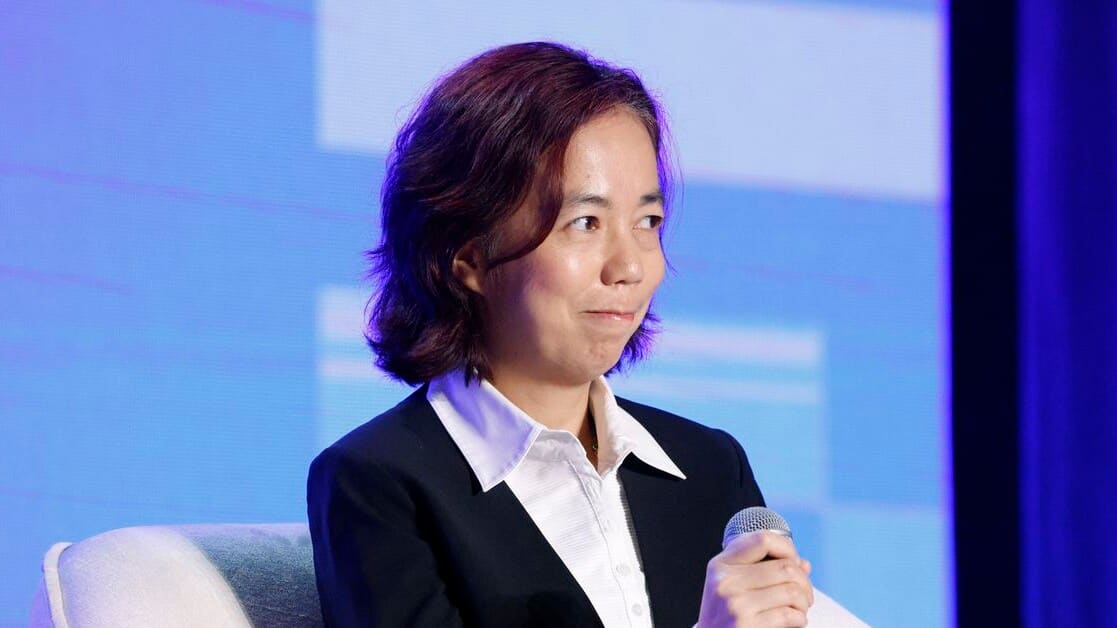
'Godmother of AI' Fei-Fei Li launches billion-dollar startup
What's the story
Fei-Fei Li, a distinguished computer scientist often dubbed as the "godmother of AI," has established an AI startup named World Labs.
In just four months, the company has achieved a valuation surpassing $1 billion, as reported by the Financial Times.
The primary objective of World Labs is to enhance AI's reasoning capabilities through human-like processing of visual data, an area of research that is currently ongoing.
AI development
World Labs's innovative approach to understanding the physical world
World Labs is developing a model that comprehends the three-dimensional physical world, according to an anonymous venture capitalist familiar with Li's work.
The model aims to understand "the dimensions of objects, where things are and what they do."
This development could potentially enhance work in fields such as robotics, augmented reality, virtual reality, and computer vision.
Funding rounds
World Labs secures funding and backing from major investors
World Labs has successfully completed two funding rounds, with the most recent one raising approximately $100 million.
The startup is financially backed by Andreessen Horowitz and Radical Ventures, an AI fund that Li joined as a partner last year.
Li founded World Labs while on partial leave from Stanford University, where she co-directs the Human-Centered AI Institute.
Research focus
World Labs's research focus could revolutionize various industries
In an April Ted Talk, Li elaborated on her startup's research focus: algorithms capable of extrapolating images and text into three-dimensional environments and acting on those predictions using "spatial intelligence."
This advancement could revolutionize industries like healthcare and manufacturing if it continues to progress as ambitiously as Li plans.
The investment in World Labs is indicative of a trend among venture capitalists to align with ambitious AI companies.
Career highlights
Li's significant contributions to AI and computer vision
Li's significant contributions to computer vision, a branch of AI that focuses on enabling machines to understand and interpret visual data, have garnered her substantial recognition in the field.
She played a crucial role in developing ImageNet, an extensive visual database used for object recognition research.
Li served as the head of AI at Google Cloud from 2017 to 2018 and currently advises the White House task force on AI.